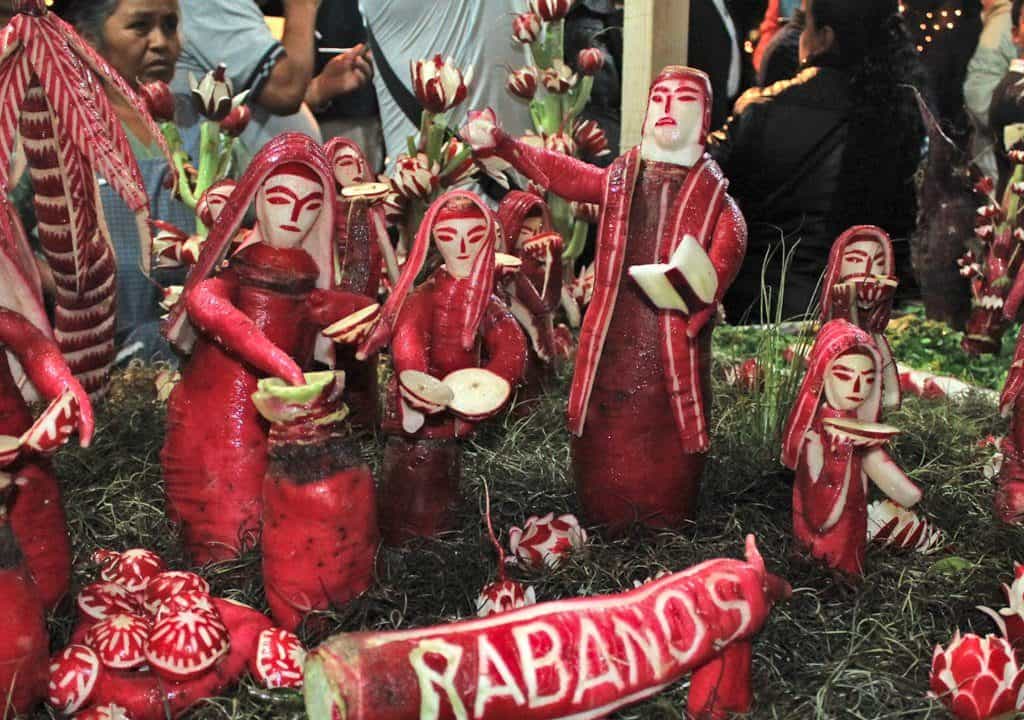Time has borne witness to countless discoveries and practices that have evolved to enhance the quality of life for humanity. Even though we live in an era dominated by technology and conventional medicine, there are traditions that remain indispensable in our culture. Herbalism is a prime example of this.
Arroyo de la Plata Market: A Treasure Trove of Natural Remedies
Since the dawn of history, when writing was not yet common, cultures around the world discovered nature’s potent arsenal for countering diseases and ailments.
Every leaf, every flower, every root became a potential tool in the battle against the ills that afflicted communities.
Modern medicine, while having advanced by leaps and bounds, has been built on the foundation of this ancestral knowledge. Nevertheless, popular culture still turns to those recipes passed down from generation to generation.
A clear reflection of this is the Arroyo de la Plata Market, an emblem of these traditions in the heart of the city. Here, among shelves and narrow aisles, remedies for almost any ailment can be found.
Whether it’s lemon balm to soothe the heart, chamomile for colic, or sarsaparilla to purify the blood, the range of options is broad and reflects the richness of herbalism. These preparations, beyond being simple infusions, are tangible representations of a wisdom that has endured through thick and thin.
The Vital Role of Herbalism Alongside Modern Medicine
Medicinal Plants: More Than Alternatives, Enhancers of Conventional Treatments
However, the relationship between herbalism and conventional medicine has not always been harmonious. Despite individuals like doña Rosa María Saldívar and Patricia Fonseca dedicating decades to the sale of medicinal plants, both underscore that their role is not to supplant modern medicine.
Rather, they consider plants to be complements, auxiliaries that can enhance conventional treatments or serve as alternatives in specific cases.
This balance is vital. Herbalism, in the hands of experts, can offer effective solutions for various ailments, but it is also crucial to recognize when it is necessary to consult a doctor. Plants, although mostly benign, should not be taken lightly.
The Cultural and Therapeutic Value of Herbalism
Dr. William Humberto Ortiz Briceño, president of the College of Physicians in the state, points out that herbalism still finds itself on the periphery of conventional medicine. Only a small percentage of doctors consider it within their treatments. However, he highlights that it is a tradition that arises more from the heart and culture than from economy or necessity.
Herein lies the importance of education. People must be aware of when and how to use these plants, avoid self-medication and always seek expert opinion.
In a constantly evolving world, herbalism reminds us not to forget our roots. It is a practice that, with due respect and knowledge, can coexist with modern medicine, benefiting people and perpetuating a legacy that has been fundamental in the history of humanity.
This article was based on academic research and consultation of reliable sources on herbalism. It is always advisable to consult with health professionals before making any decision related to treatments or natural remedies.




